Summaries of books about Economics:
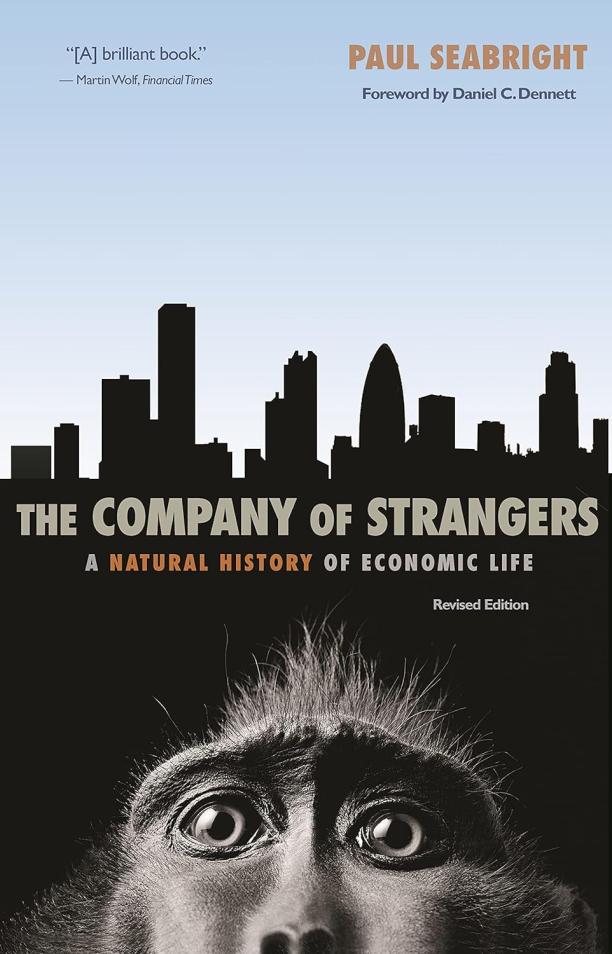
The Company of Strangers
A Natural History of Economic Life - Revised Edition
Paul Seabright
The book explores the evolution of human societies, examining how our species has developed complex systems of cooperation and trust that allow us to engage in economic activities with strangers. It delves into the biological and sociological roots of these interactions, revealing the intricate networks and institutions that underpin modern economic life.
See full summary

The Vanishing American Corporation
Navigating the Hazards of a New Economy
Gerald F. Davis
The book explores the decline of the traditional corporate form in America, detailing how changes in the economy, such as globalization and technological advancements, have led to the disappearance of many companies and the rise of new business models. It examines the implications of this shift for workers, investors, and society, offering insights into how to navigate the challenges of an evolving economic landscape.
See full summary
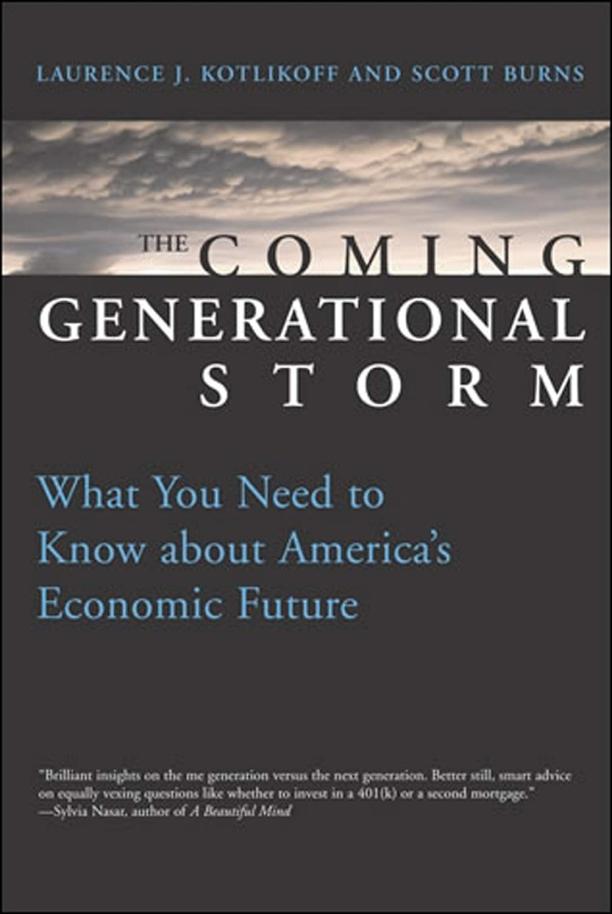
The Coming Generational Storm
What You Need to Know about America's Economic Future
Laurence J. Kotlikoff|Scott Burns
The book examines the impending financial crisis in the United States due to the aging population, focusing on the unsustainable nature of Social Security, Medicare, and retirement systems. It provides an analysis of the economic challenges posed by demographic shifts and offers potential solutions to avert the crisis.
See full summary
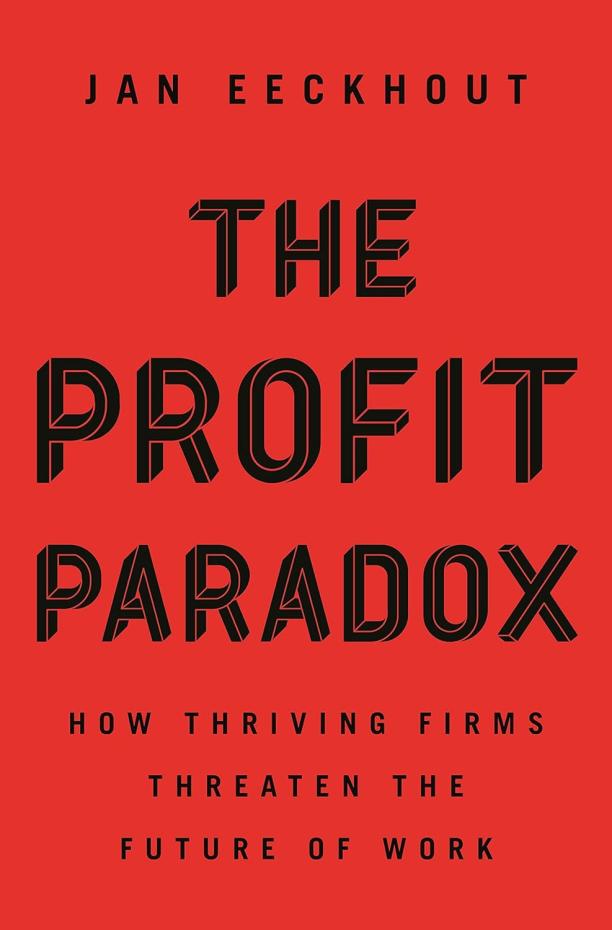
The Profit Paradox
How Thriving Firms Threaten the Future of Work
Jan Eeckhout
The book examines how market power concentration among leading firms leads to reduced competition, resulting in fewer job opportunities and stagnant wages for workers. It argues that this concentration stifles innovation and economic growth, proposing solutions to restore competitive markets and ensure a more equitable distribution of prosperity.
See full summary
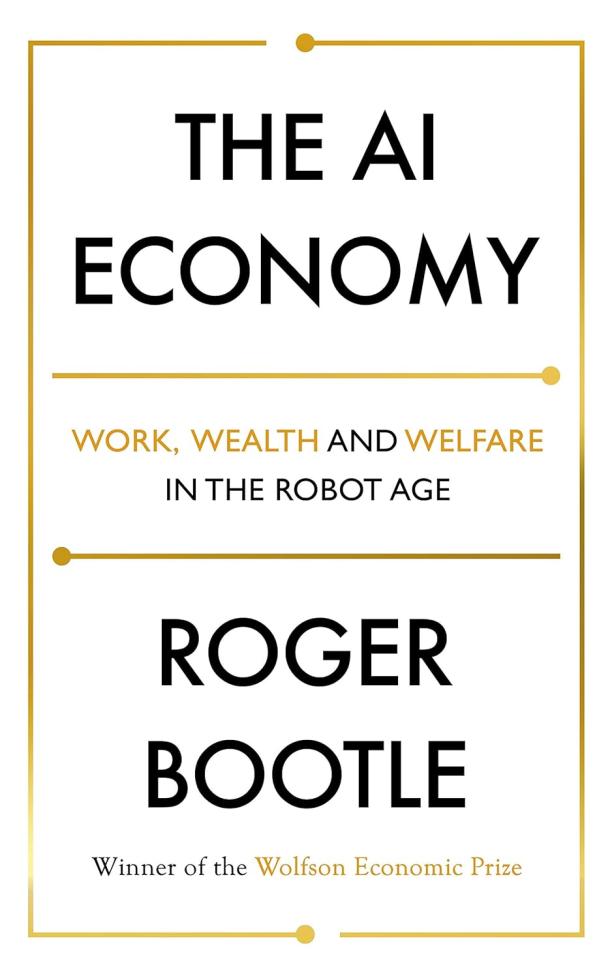
The AI Economy
Work, Wealth and Welfare in the Age of the Robot
Roger Bootle
The book explores the impact of artificial intelligence on the economy, examining how AI will transform jobs, wealth distribution, and social welfare. It discusses the potential for increased productivity and wealth alongside the challenges of job displacement and the need for societal adjustments to the new technological era.
See full summary
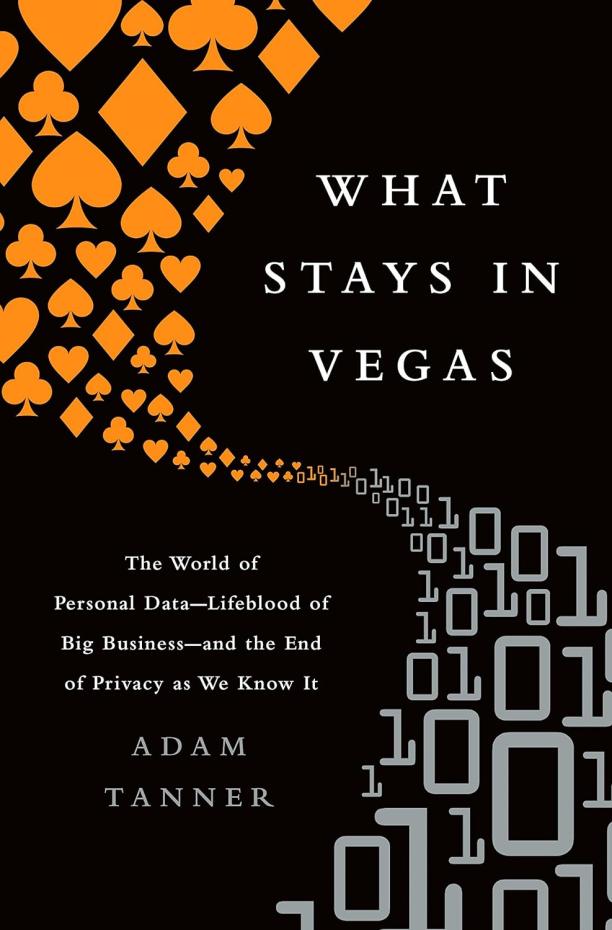
What Stays in Vegas
The World of Personal Data-Lifeblood of Big Business-and the End of Privacy as We Know It
Adam Tanner
The book explores the burgeoning industry of personal data collection, detailing how companies gather vast amounts of information about individuals to tailor marketing strategies and influence consumer behavior. It also delves into the implications of this practice for privacy, revealing how the erosion of personal boundaries poses significant challenges to the concept of confidentiality in the digital age.
See full summary
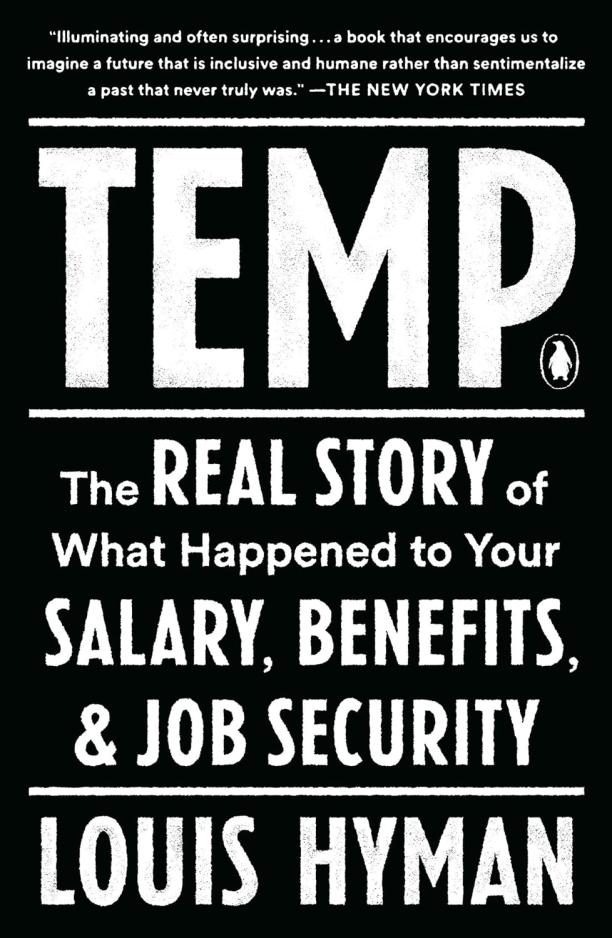
Temp
The Real Story of What Happened to Your Salary, Benefits, and Job Security
Louis Hyman
The book examines the historical and economic forces that led to the rise of temporary and gig work, undermining traditional employment stability. It explores how changes in corporate practices, labor laws, and technology have transformed the nature of work, impacting workers' wages, benefits, and job security.
See full summary
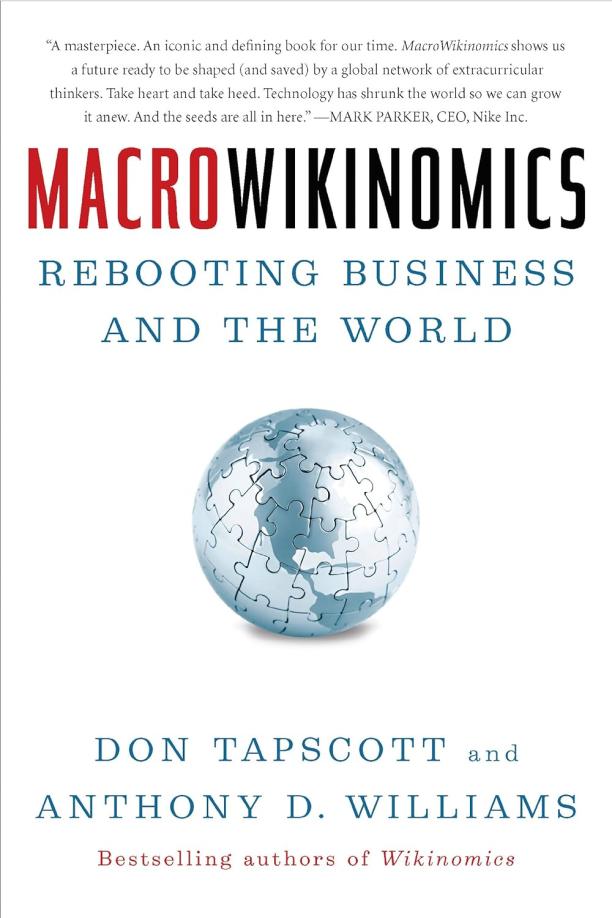
Macrowikinomics
New Solutions for a Connected Planet
Don Tapscott|Anthony D. Williams
The book explores how mass collaboration and openness, powered by the internet and new forms of global participation, are reshaping economies, societies, and institutions. It presents a range of case studies and examples of how this collaborative approach is solving complex problems and creating innovation in business, education, government, and civil society.
See full summary
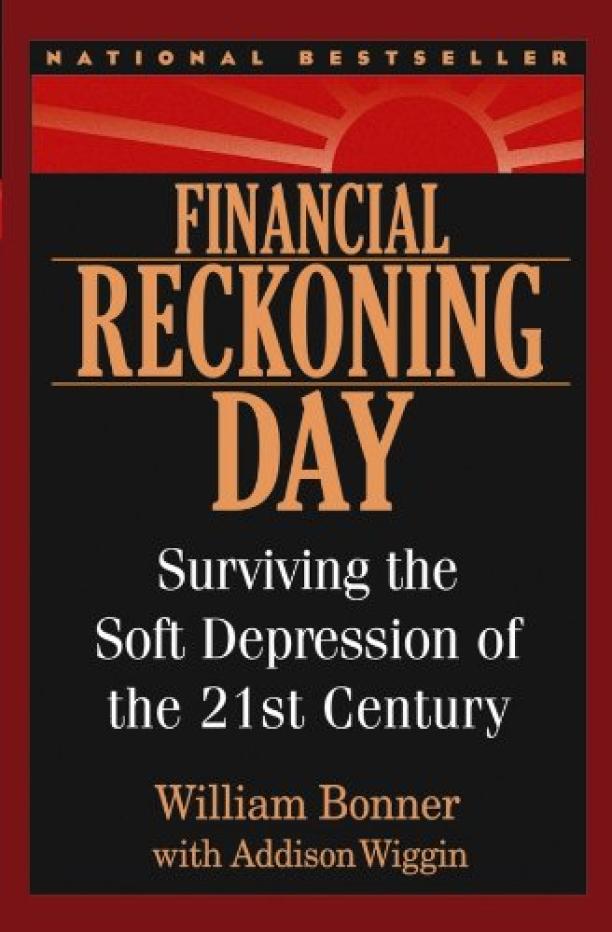
Financial Reckoning Day
Surviving the Soft Depression of the 21st Century
William Bonner|Addison Wiggin
The book presents a critical analysis of the global financial system, highlighting the unsustainable nature of debt-fueled growth and the potential for a significant economic downturn. It offers insights into the historical patterns of financial crises and provides strategies for individuals to protect their wealth in the face of economic instability.
See full summary
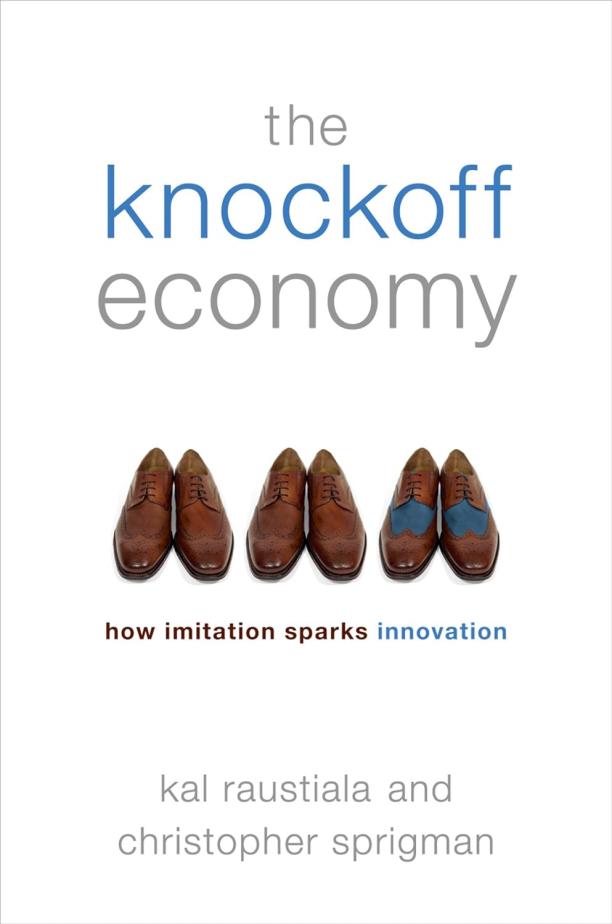
The Knockoff Economy
How Imitation Sparks Innovation
Kal Raustiala|Christopher Sprigman
The book explores the positive effects of imitation on innovation, arguing that in industries like fashion, food, and comedy, copying does not stifle creativity but rather stimulates it, leading to a vibrant and dynamic market. It challenges the conventional wisdom that strong intellectual property rights are essential for innovation, presenting case studies and examples where imitation serves as a catalyst for growth and creativity.
See full summary